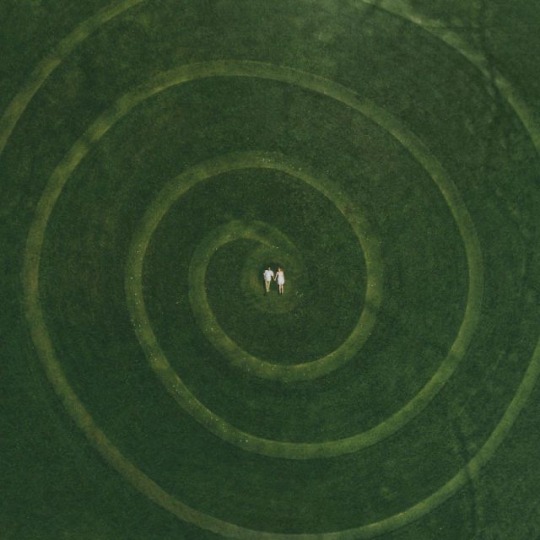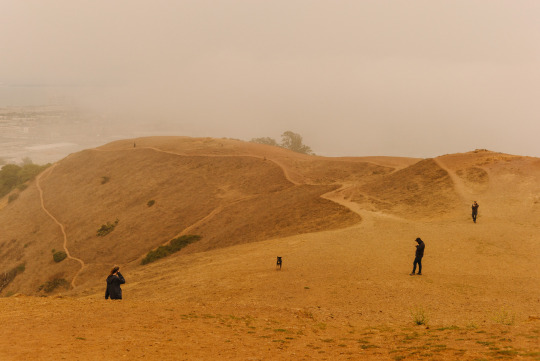between self & other, image & body, subject & object, memory & imagination...curated by: @suliqyre
Don't wanna be here? Send us removal request.
Quote
What else do we imply when we say that the purchase of a motorbike represents a “mid-life crisis,” or that a large car is compensation for a lack of endowment? But, of course, in the fictional version of our sexual relationship with cars, it is we, the humans, who are in control; we determine what we do in cars. In Ballard’s reality it is the other way round [...] The real shock of Crash is not that people have sex in or near cars, but that technology has entered into even our most intimate human relations. Not man-as-technology-forming but technology-as-man-forming.
Zadie Smith, "Crash by J. G. Ballard"
11 notes
·
View notes
Text

SShanghai’s first Volkswagen factory, 1996. Ph John Van Hasselt.
110 notes
·
View notes
Text
“Skepticism is like a microscope whose magnification is constantly increased: the sharp image that one begins with finally dissolves, because it is not possible to see ultimate things: their existence is only to be inferred.”
— Stanisław Lem, His Master’s Voice
104 notes
·
View notes
Quote
Like Beethoven, the Creator is a joiner; not of organizations but of sections assembled separately in different places and then somehow brought together; the places are our category "space," then, when brought together, "time." If the Other is not bound by the categories of perception time and space, then he is here now, was here, will be, and since not phenomenalistically, then he is not outside but within us. Like Plotinus' concept of concentric rings of emanation, we encounter our Others in gradually increasing intensity and clarity; they become clearer to us continually. It is as if the will which drives animals and bugs, in the form of blind instinct, begins one day in us to actually speak. This is the Logos perhaps.
Philip K. Dick, The Exegesis of Philip K. Dick
#self#other#multiplicity#unity#connection#communication#quotes#Philip K. Dick#The Exegesis of Philip K. Dick
11 notes
·
View notes
Text
“Daydreaming does not enjoy tremendous prestige in our culture, which tends to regard it as unproductive thought. Writers perhaps appreciate its importance better than most, since a fair amount of what they call work consists of little more than daydreaming edited. Yet anyone who reads for pleasure should prize it too, for what is reading a good book but a daydream at second hand? Unlike any other form of thought, daydreaming is its own reward. For regardless of the result (if any), the very process of daydreaming is pleasurable. And, I would guess, is probably a psychological necessity. For isn’t it in our daydreams that we acquire some sense of what we are about? Where we try on futures and practice our voices before committing ourselves to words or deeds? Daydreaming is where we go to cultivate the self, or, more likely, selves, out of the view and earshot of other people.” –Michael Pollan “A Place of My Own”
10K notes
·
View notes
Text
“Incredible nervous state, trepidation beyond words: to be this much in love is to be sick (and I love to be sick).”
— Georges Bataille, The Impossible
53 notes
·
View notes
Quote
The secret of philosophy may not be to know oneself, nor to know where one is going, but rather to go where the other is going; not to dream oneself, but rather to dream what others dream; not to believe oneself, but rather to believe in those who do believe: to give priority to all determinants from elsewhere. Whether they are legible or not, decipherable or not, is of no consequence — the main thing is to embrace the foreign form of any event, any object, any fortuitous being, because in any case you will never know who you are.
Jean Baudrillard, The Transparency of Evil: Essays on Extreme Phenomena
#self#other#attention#acceptance#awareness#philosophy#quotes#Baudrillard#Jean Baudrillard#The Transparency of Evil: Essays on Extreme Phenomena
15 notes
·
View notes
Text

Essi Kuokkanen (Finnish, 1991) - How it Feels Not to Be Seen (2020)
301 notes
·
View notes
Text
“I can do everything with my language, but not with my body. What I hide by my language, my body utters. I can deliberately mold my message, not my voice. […] My body is a stubborn child, my language is a very civilized adult.”
— Roland Barthes, A Lover’s Discourse
379 notes
·
View notes
Quote
When you went away, you left me nothing but the sun-bleached world. You did not even leave me a heart to bleed with. I found I was standing there with no body, and so no voice for calling you.
Hélène Cixous, The Book of Promethea
#self#other#abandonment#isolation#subjectivity#objectivity#body#voice#quotes#Cixous#Hélène Cixous#The Book of Promethea
9 notes
·
View notes
Text
“(Like a text that loops and seals upon itself, without commencement or termination, the unspeakable lies in the silence, beyond the white space that accompanies the text, across the marginal blank that drops opaquely beside the text toward a conclusionary absence that finally is not to be found)”
— Samuel R. Delany, “On the Unspeakable”
47 notes
·
View notes
Text

Idris Khan, The Untroubled Mind, 2012, ink on gesso on aluminum
418 notes
·
View notes















